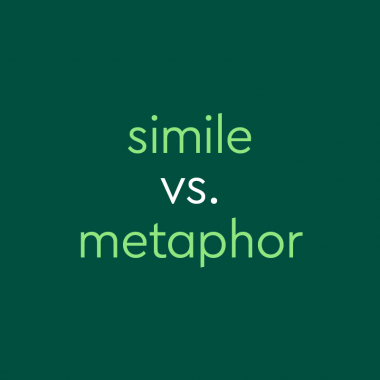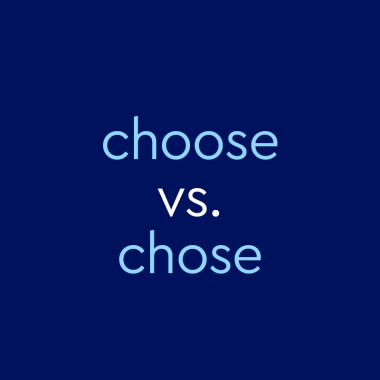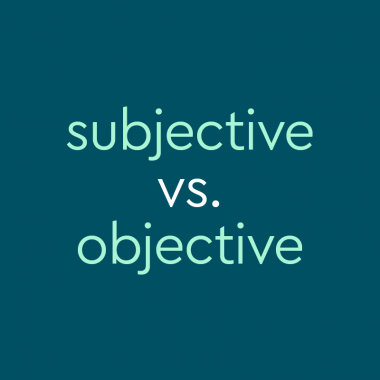Treat Yourself To The Origins Of 11 Food Toponyms
Few things travel across borders as easily as food recipes and ingredients. So perhaps it should come as no surprise that there are so many foods named from where they originally come from. Sometimes the name comes from a specific ingredient like a fruit or vegetable that’s grown in a place, like Sichuan peppers or Fuji apples, while other times the name comes from a …











